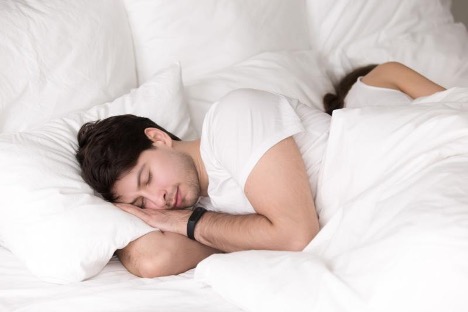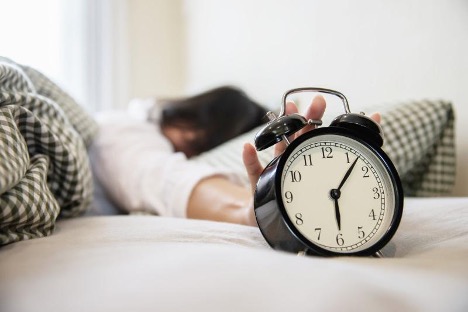The pressure on pro athletes is at an all-time high these days. Most people view their jobs as a walk in the park. They get paid a lot of money to play a game, presumably one they love, for a living. What’s so hard about it?
A lot. Whenever this much money is involved and this many factors are at play, everything is more complicated. So many people are counting on pro athletes. In particular, football, soccer, baseball, hockey, tennis, gymnastics, basketball and swimming are among the most demanding.
Athletes in these fields need to work out, in addition to practicing and playing in games, to keep their bodies in shape. Their nutrition also needs to be on point. They have sponsorship fulfillments they need to meet. They have contract incentives they need to hit and awards and accolades they are trying to win. And they face intense daily scrutiny in the media and on social platforms because of how invested people are in that success. Fans have an emotional attachment, while many others will wager large swathes of cash on game, league and performance outcomes at the best online betting sites.
This says nothing of a pro athlete’s regular responsibilities. They might have a family. They often have kids to look after. They have to coordinate their living situations with agents and managers. It gets hectic.
Somewhere, amid all this, they need to find time to sleep. It should come as no surprise many of them don’t sleep, at least not that much. And that’s backwards logic when you really think about it. They put so much effort and care into their bodies that depriving themselves of sleep functions as a step back, one that could harm them that not just immediately, but down the line.
Licenses Owned.
The Impact of Sleep—or Lack Thereof—on Pro Athletes
Studies have shown that sleep deprivation can throw off a pro athlete’s entire body by impacting circadian rhythms, or their daily sleep and wake cycles. Without a consistent schedule, or an adequate amount of sleep, every cell in the body winds up being affected.
Among the most adverse consequences is the impact this has on metabolism and the ability to recover. Someone who averages between four and under seven hours of sleep per night, for instance, will have a cellular makeup similar to an individual who is more than a decade older than them.
This, in turn, opens up athletes to more injuries, which make it difficult for them to preserve longevity or continuously perform at a high level.
Can Sleep Deprivation in Pro Sports be Fixed?
Teams and third-party companies have invested a lot of money in figuring out the effects of sleep deprivation and how they can best be avoided.
Take the NHL and NBA, for example. They have made multiple tweaks to their 82-game schedules over the years to eliminate stretches of four games in five nights and limit the number of back-to-backs. Teams have also gotten in the habit of giving players scheduled rest nights throughout the season, in hopes of preventing injury and preserving their freshness for the playoffs. This has become known as load management.
Still, sleep deprivation is an inherent risk for any pro athlete that plays in multiple games or matches per week.
Licenses Owned.
Just consider their game-day schedules. They have to be up early for meetings, go work out, arrive at the arena or stadium a few hours before their contest starts and then won’t wrap up the game itself and media responsibilities until late.
From there, they may have to catch a team plane to their next road game. If they’re allowed to go home, they may need to be up early to do it all over again the next day, or because their team scheduled a practice.
People often like to say that athletes can sleep on the plane or as soon as they get home. It’s not that simple. It’s not easy sleeping on a plane, for starters, and athletes are frequently too wired to go from competing at a high level in front of thousands of fans to winding down. They also probably need to eat.
Weighing all this, it’s easy to see how consistent sleep can fall by the wayside. Some athletes have cited the importance of naps to get them through the day, especially when they have a game that night. But those midday breaks might then make it difficult for them to fall asleep later.
All of which is to say: There is no easy answer to sleep deprivation in sports. Load management and more strategic scheduling will continue to advance, but this will remain an issue overall unless teams can figure out how to maximize the time their athletes get to sleep and rest, and the quality of it when they actually do.


